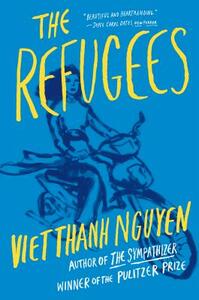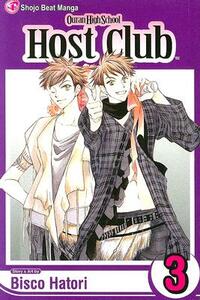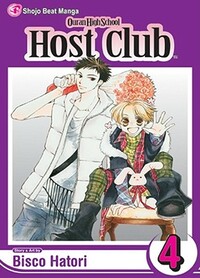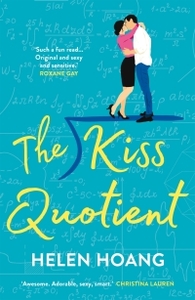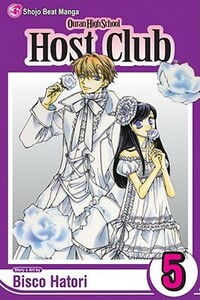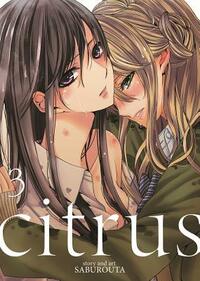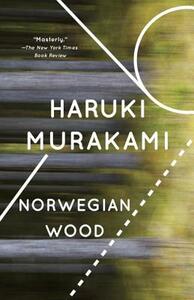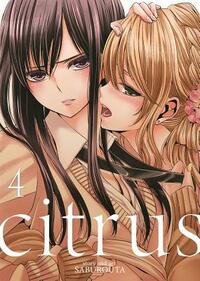You need to sign in or sign up before continuing.
Take a photo of a barcode or cover
loiscc's Reviews (313)
Convenience Store Woman is a superbly written novella that I highly enjoyed even more the second time I read it. The writing style has a simplistic subtlety that perfectly conveys depth and loads of humour. I initially criticised this book for ending prematurely but upon reading it again I feel like the ending was very strong and satisfying.
The Rufugees is a beautiful collection of short stories that explore the lives of various protagonists in light of the displacement and culture shock felt by many Vietnamese men and women who fled their war-ravaged country in the early 1970s as a result of war.
A man forced to confront his sexuality, a woman dealing with the tragedy of her husband's decline into complete memory loss and a man confronted by his own guilt from former sins, Nguyen's collection is exquisitely written and deeply moving.
A man forced to confront his sexuality, a woman dealing with the tragedy of her husband's decline into complete memory loss and a man confronted by his own guilt from former sins, Nguyen's collection is exquisitely written and deeply moving.
Ouran's second volume comes with even more comedy, antics and decadence and more of the same troupes that was prevalent in the last manga. The lack of and thus erratic storytelling was hard to get into as with the less than stellar translation and overall absurdity.
My enjoyment of this manga came purely from the light comedy element that mostly manifested itself at the expense of Tamaki and also the slight diversion into a completely unrelated story arc involving young love.
My enjoyment of this manga came purely from the light comedy element that mostly manifested itself at the expense of Tamaki and also the slight diversion into a completely unrelated story arc involving young love.
This volume had a lot more depth than the first two volumes in the series and a more consistent storyline that surprisingly continued until the end and the manga generally has a habit of veering off into somewhat isolated and incongruent comedy skits, that of either insulting Tamaki or trying to get Haruhi to accept the fact and act like a girl.
Despite Haruhi's usual indifferent and vacant characterisation, this volume portrayed her and her father in a slightly more complex way that was unexpectedly profound.
Despite Haruhi's usual indifferent and vacant characterisation, this volume portrayed her and her father in a slightly more complex way that was unexpectedly profound.
The Kiss Quotient is about an affluent beautiful econometrician called Stella Lane who falls for the equally stunning Micheal Larsen after hiring him to teach her how to find Mr. Right so she can eventually settle down and grant her parents the grandchildren they so desperately seek.
I enjoyed this novel on a guilty pleasure level though I found the sex scenes to be both overly prolific and pornographic. Technically speaking, I think the writing and the pacing was sound making the novel easy to read.
The main two characters, Stella and Michael are developed well in such a way that was genuinely interesting and solid, though most of the rest of the cast were your typical romcom caricatures.
It was hard to settle on the a rating for this book but in the end I awarded 3 stars purely for its overall enjoyment factor, not including Stella's tendency to grate on my nerves. Though it's not my usual preference, I do appreciate something a bit trashy and cheesy from time to time.
I enjoyed this novel on a guilty pleasure level though I found the sex scenes to be both overly prolific and pornographic. Technically speaking, I think the writing and the pacing was sound making the novel easy to read.
The main two characters, Stella and Michael are developed well in such a way that was genuinely interesting and solid, though most of the rest of the cast were your typical romcom caricatures.
It was hard to settle on the a rating for this book but in the end I awarded 3 stars purely for its overall enjoyment factor, not including Stella's tendency to grate on my nerves. Though it's not my usual preference, I do appreciate something a bit trashy and cheesy from time to time.
This volume has to be favourite so far. It has a lot more cohesive storyline that was easier to get into compared with previous volumes. I liked the comedy and the new characters it introduces. I felt like Haruhi's character had a lot more presence in this book, although that non-binary dimension she possesses gradually begins to wear away as the series progresses from the way she is depicted to the fact that the others keep referring to her as a girl, she almost lost the most interesting thing about her character.
This volume introduces a new character, Yutari, who we later find out is a childhood friend of Yuzucchi and her arrival only serves to make the already fragile relationship between Yuzucchi and Mei even more complicated. Citrus is a yuri (girls love) light trashy manga that it very entertaining and builds up the story in a teasing way. Even though the daring fan service and the soft porn artwork seem to have been born from an illicit wet dream, it's not a completely off the rails tentacle hentai porno and there is definitely a consistent story that I found easy to follow. Its interesting to read about the way Yuzucchi battles with her true feelings and debating with herself as to whether her attraction is right or wrong. It raises questions about whether some types of love should be condemned or celebrated. For my part, debased as it may be, I'm loving this manga and looking forward see how this illicit romance develops. Love is love
So this book is actually really depressing!
After reading this acclaimed Murakami novel again specifically for Asian Readathon month, I maintain my original rating. I enjoyed the worldly unfiltered air of this novel and the feeling of melancholy. Murakami has this masterful way of using abstract and poetic language.
Norwegian Wood explores loss, suicide, mental illness and alcohol abuse all with the same brush of enigmatic perversity so common to Murakami novels.
Watanabe's character was extremely dull and uninteresting except for the fact that he has his own harem of females who all, for some reason, want to give him handjobs. Also Midori and Nagasawa's characters were too wrapped up in enigma that ultimately made me dislike their characters, as with Hatsumi, I really didn't get Hatsumi..
Overall, this book was a disturbingly captivating novel (despite its snail like pace) about some really depressed teenagers, most of whom are all dealing with some form of loss or tragedy.
After reading this acclaimed Murakami novel again specifically for Asian Readathon month, I maintain my original rating. I enjoyed the worldly unfiltered air of this novel and the feeling of melancholy. Murakami has this masterful way of using abstract and poetic language.
Norwegian Wood explores loss, suicide, mental illness and alcohol abuse all with the same brush of enigmatic perversity so common to Murakami novels.
Watanabe's character was extremely dull and uninteresting except for the fact that he has his own harem of females who all, for some reason, want to give him handjobs. Also Midori and Nagasawa's characters were too wrapped up in enigma that ultimately made me dislike their characters, as with Hatsumi, I really didn't get Hatsumi..
Overall, this book was a disturbingly captivating novel (despite its snail like pace) about some really depressed teenagers, most of whom are all dealing with some form of loss or tragedy.
Shosha is a melancholic story about a worldly Jewish writer named Aaron Greidinger and his curious and unexplainable attachment to his childhood sweetheart against the backdrop of the political onset of the second world war.
I loved the sense of fatalist, hedonistic philosophy which a central theme throughout the book as with the other-wordly motifs e.g. the transgressive dybbuk, as well as the insight it gives into the Jewish religion and tradition. However my average rating is a reflection of my enjoyment of the book as the endless philosophising and political dissection became a bit dull and pedestrian to read as things wore on.
I loved the sense of fatalist, hedonistic philosophy which a central theme throughout the book as with the other-wordly motifs e.g. the transgressive dybbuk, as well as the insight it gives into the Jewish religion and tradition. However my average rating is a reflection of my enjoyment of the book as the endless philosophising and political dissection became a bit dull and pedestrian to read as things wore on.

